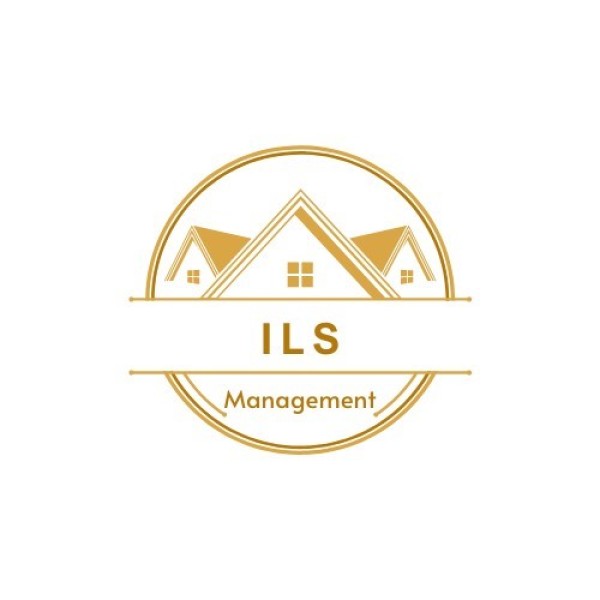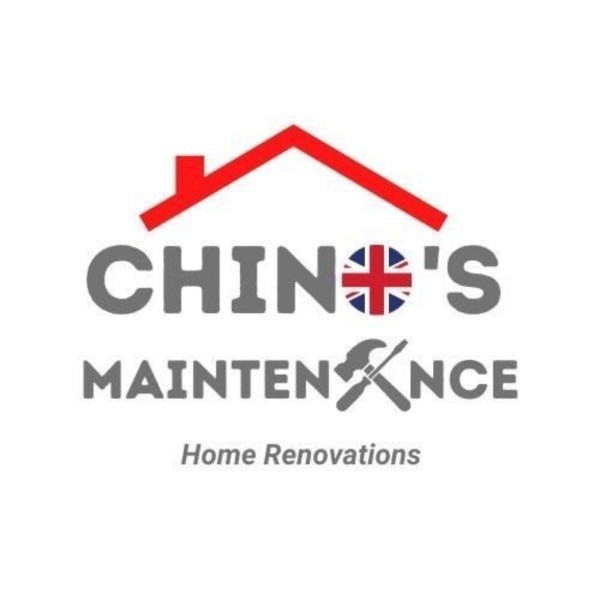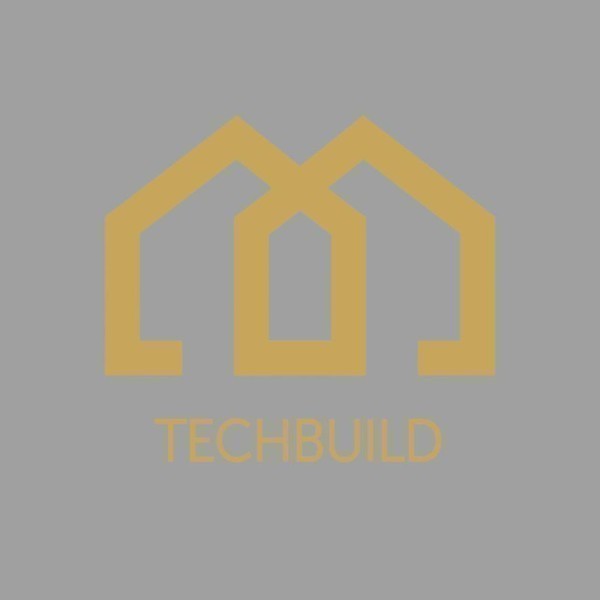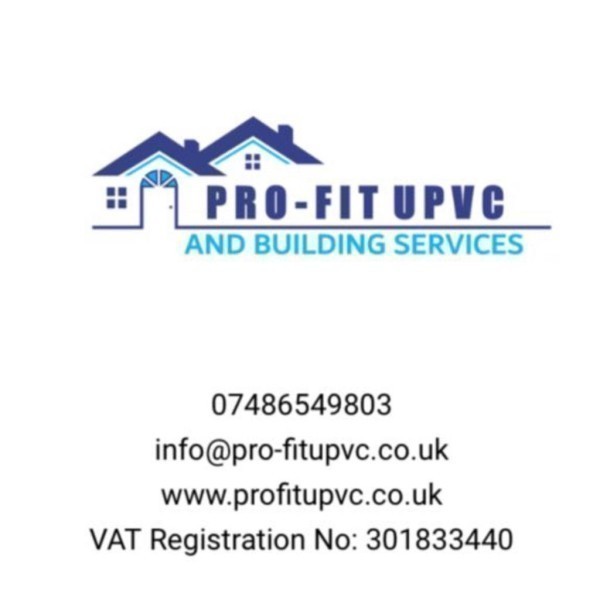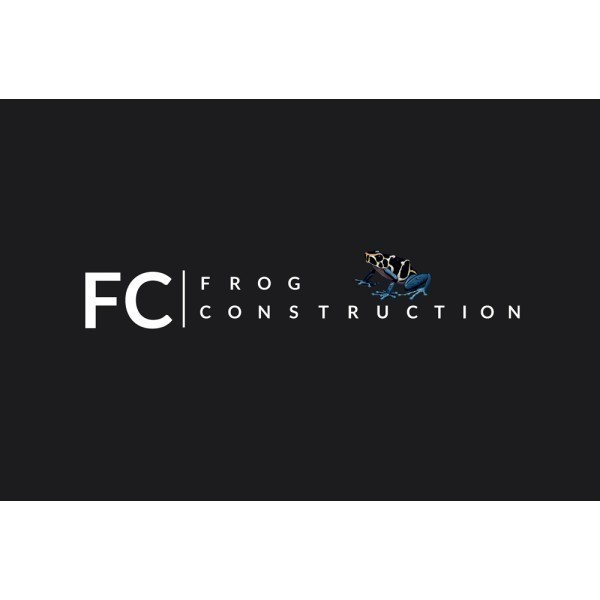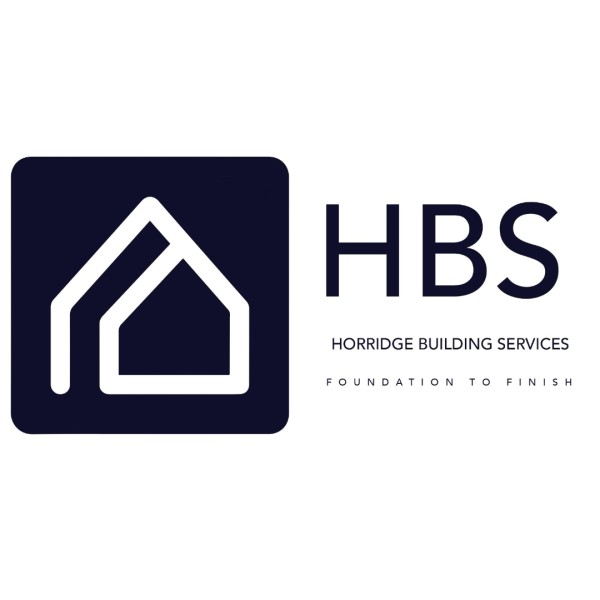Loft Conversions in Bacup
Filter your search
Post your job FREE and let trades come to you
Save time by filling out our simple job post form today and your job will be sent to trades in your area so you can sit back, relax and wait for available trades to contact you.
Post your job FREESearch Loft Conversions in places nearby
- Loft Conversions in Accrington
- Loft Conversions in Adlington
- Loft Conversions in Bamber Bridge
- Loft Conversions in Barnoldswick
- Loft Conversions in Barrowford
- Loft Conversions in Blackburn
- Loft Conversions in Blackpool
- Loft Conversions in Brierfield
- Loft Conversions in Burnley
- Loft Conversions in Carnforth
- Loft Conversions in Chorley
- Loft Conversions in Church
- Loft Conversions in Clayton-Le-Moors
- Loft Conversions in Cleveleys
- Loft Conversions in Clitheroe
- Loft Conversions in Colne
- Loft Conversions in Darwen
- Loft Conversions in Earby
- Loft Conversions in Fleetwood
- Loft Conversions in Freckleton
- Loft Conversions in Fulwood
- Loft Conversions in Great Harwood
- Loft Conversions in Haslingden
- Loft Conversions in Heysham
- Loft Conversions in Kirkham
- Loft Conversions in Lancaster
- Loft Conversions in Leyland
- Loft Conversions in Longridge
- Loft Conversions in Lytham St Anne's
- Loft Conversions in Morecambe
- Loft Conversions in Nelson
- Loft Conversions in Ormskirk
- Loft Conversions in Oswaldtwistle
- Loft Conversions in Padiham
- Loft Conversions in Poulton-Le-Fylde
- Loft Conversions in Preston
- Loft Conversions in Rawtenstall
- Loft Conversions in Rishton
- Loft Conversions in Skelmersdale
- Loft Conversions in Thornton
- Loft Conversions in Trawden
- Loft Conversions in Whitworth
Understanding Loft Conversions in Bacup
Loft conversions in Bacup are becoming increasingly popular as homeowners seek to maximise their living space without the hassle of moving. This quaint town in Lancashire offers a unique blend of historical charm and modern living, making it an ideal location for such home improvements. In this article, we'll explore the ins and outs of loft conversions, providing you with a comprehensive guide to transforming your attic into a functional and stylish space.
What is a Loft Conversion?
A loft conversion is the process of transforming an unused attic space into a functional room, such as a bedroom, office, or playroom. This type of renovation not only adds value to your home but also provides additional living space without the need for an extension. In Bacup, where property prices are on the rise, a loft conversion can be a cost-effective way to enhance your home's appeal and functionality.
Benefits of Loft Conversions in Bacup
- Increased Property Value: A well-executed loft conversion can significantly boost your home's market value.
- Additional Living Space: Create a new room without altering the footprint of your home.
- Cost-Effective: Generally cheaper than moving house or building an extension.
- Customisable: Tailor the space to meet your specific needs and preferences.
- Energy Efficiency: Modern insulation techniques can improve your home's energy efficiency.
Types of Loft Conversions
There are several types of loft conversions, each with its own set of advantages and considerations. The most common types include:
Dormer Loft Conversion
A dormer loft conversion involves extending the existing roof to create additional headroom and floor space. This type of conversion is popular in Bacup due to its versatility and ability to blend seamlessly with various architectural styles.
Mansard Loft Conversion
Mansard conversions are typically found in urban areas and involve altering the roof structure to create a flat roof with steep sides. This type of conversion offers maximum space but may require planning permission due to the significant changes to the roofline.
Hip to Gable Loft Conversion
This conversion is ideal for semi-detached or detached homes with a hipped roof. By extending the gable wall and altering the roof structure, homeowners can create a spacious and functional room.
Velux Loft Conversion
Also known as a roof light conversion, this option involves installing Velux windows into the existing roof structure. It's a cost-effective solution that doesn't require significant structural changes, making it a popular choice in Bacup.
Planning Permission and Building Regulations
Before embarking on a loft conversion in Bacup, it's essential to understand the planning permission and building regulations that may apply. In many cases, loft conversions fall under permitted development rights, meaning you won't need planning permission. However, if your property is in a conservation area or involves significant structural changes, you may need to seek approval from the local council.
Building regulations, on the other hand, are mandatory for all loft conversions. These regulations ensure that the conversion is safe, structurally sound, and energy-efficient. Key areas covered by building regulations include:
- Structural integrity
- Fire safety
- Insulation and energy efficiency
- Ventilation
- Staircase design
Choosing the Right Loft Conversion Specialist
Selecting the right contractor is crucial to the success of your loft conversion project. Here are some tips to help you find a reputable specialist in Bacup:
- Experience and Expertise: Look for contractors with a proven track record in loft conversions.
- References and Reviews: Check online reviews and ask for references from previous clients.
- Accreditations: Ensure the contractor is accredited by relevant industry bodies.
- Detailed Quote: Request a detailed quote that outlines all costs and timelines.
- Communication: Choose a contractor who communicates clearly and listens to your needs.
Design Considerations for Your Loft Conversion
When planning your loft conversion, it's essential to consider the design elements that will make the space both functional and aesthetically pleasing. Here are some key design considerations:
Lighting
Maximise natural light by incorporating large windows or skylights. Consider the orientation of your home to make the most of the available sunlight.
Storage Solutions
Utilise clever storage solutions to make the most of the available space. Built-in wardrobes, shelving, and under-eaves storage can help keep the room clutter-free.
Colour Scheme
Choose a colour scheme that complements the rest of your home while creating a sense of space and light. Neutral tones are a popular choice for loft conversions.
Flooring
Select flooring that suits the intended use of the room. Carpeting can add warmth and comfort, while hardwood or laminate flooring offers a sleek, modern look.
Cost of Loft Conversions in Bacup
The cost of a loft conversion in Bacup can vary depending on several factors, including the type of conversion, the size of the space, and the materials used. On average, you can expect to pay between £20,000 and £50,000 for a standard loft conversion. It's essential to budget for additional costs, such as planning permission fees, building regulations approval, and any unforeseen expenses that may arise during the project.
Financing Your Loft Conversion
There are several options available for financing your loft conversion, including:
- Personal Savings: Using your savings can be a cost-effective way to fund the project without incurring debt.
- Home Improvement Loan: Many banks and financial institutions offer loans specifically for home improvements.
- Remortgaging: Remortgaging your home can provide additional funds for the conversion.
- Government Grants: In some cases, government grants may be available for energy-efficient home improvements.
Common Challenges and How to Overcome Them
Loft conversions can present several challenges, but with careful planning and the right approach, these can be overcome. Some common challenges include:
Limited Headroom
In some cases, the existing roof structure may not provide sufficient headroom for a functional space. Solutions include lowering the ceiling of the floor below or opting for a dormer or mansard conversion to increase headroom.
Access and Staircase Design
Designing a staircase that provides safe and convenient access to the loft can be challenging. Consider space-saving designs such as spiral staircases or alternating tread stairs.
Structural Integrity
Ensuring the structural integrity of the conversion is crucial. Work with a qualified structural engineer to assess the existing structure and make any necessary reinforcements.
Maintaining Your Loft Conversion
Once your loft conversion is complete, regular maintenance is essential to keep the space in top condition. Here are some tips for maintaining your loft conversion:
- Regular Inspections: Conduct regular inspections to identify any signs of wear or damage.
- Roof Maintenance: Keep the roof in good condition by clearing debris and checking for leaks.
- Ventilation: Ensure adequate ventilation to prevent dampness and mould growth.
- Insulation: Check insulation regularly to maintain energy efficiency.
Frequently Asked Questions
1. Do I need planning permission for a loft conversion in Bacup?
In many cases, loft conversions fall under permitted development rights, meaning you won't need planning permission. However, if your property is in a conservation area or involves significant structural changes, you may need to seek approval from the local council.
2. How long does a loft conversion take?
The duration of a loft conversion can vary depending on the complexity of the project. On average, a standard loft conversion takes between 6 to 8 weeks to complete.
3. Can all lofts be converted?
Not all lofts are suitable for conversion. Factors such as headroom, roof structure, and access can impact the feasibility of a conversion. A professional assessment can help determine if your loft is suitable for conversion.
4. How much does a loft conversion cost in Bacup?
The cost of a loft conversion in Bacup can vary depending on several factors, including the type of conversion, the size of the space, and the materials used. On average, you can expect to pay between £20,000 and £50,000 for a standard loft conversion.
5. What is the best type of loft conversion?
The best type of loft conversion depends on your specific needs, budget, and the existing structure of your home. Dormer conversions are popular for their versatility, while Velux conversions are cost-effective and require minimal structural changes.
6. How can I ensure my loft conversion is energy efficient?
To ensure your loft conversion is energy efficient, focus on proper insulation, double-glazed windows, and adequate ventilation. These measures can help reduce energy consumption and improve comfort.
Loft conversions in Bacup offer a fantastic opportunity to enhance your home's value and functionality. By understanding the different types of conversions, planning permissions, and design considerations, you can create a space that meets your needs and complements your lifestyle. With the right approach and expert guidance, your loft conversion can be a rewarding investment in your home's future.




